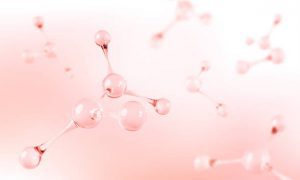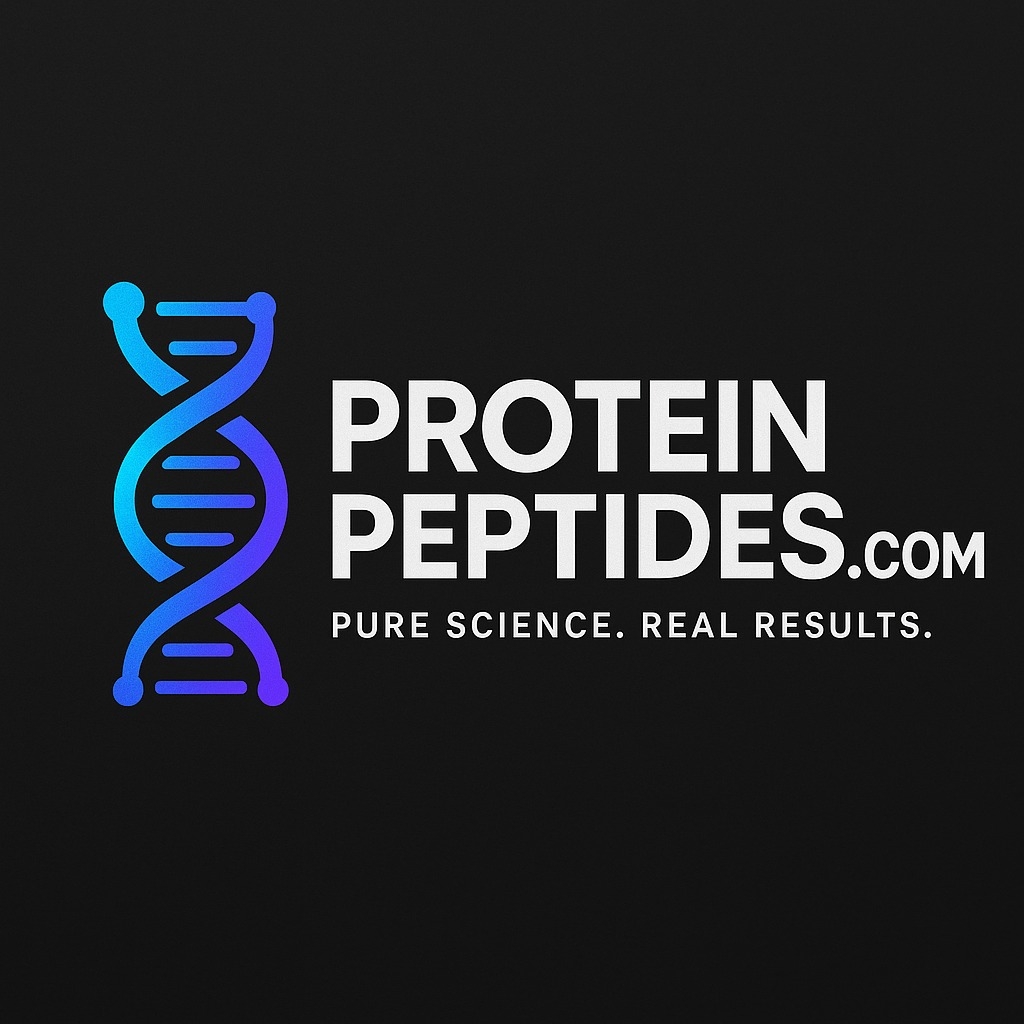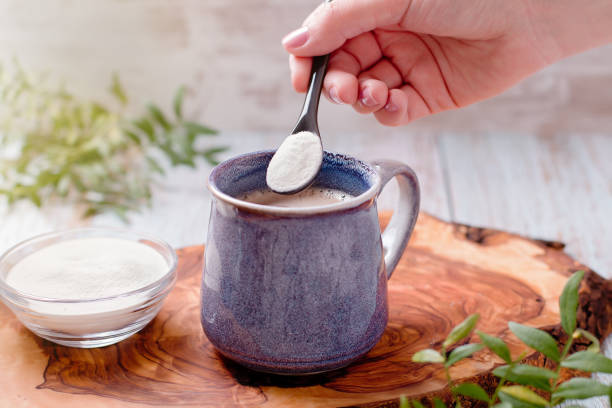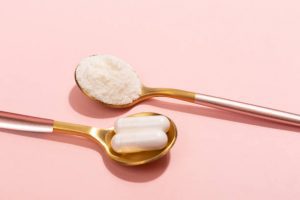Collagen and Its Benefits for Women: A Comprehensive Guide
Collagen is a vital protein in the human body, often described as the “glue” that holds everything together. It accounts for about one-third of the body’s total protein and plays a central role in maintaining the health and structure of the skin, bones, muscles, tendons, and ligaments. As we age, especially in women, collagen production decreases significantly—leading to visible signs of aging and other health concerns. This is why collagen supplementation and awareness are gaining popularity, particularly among women seeking to support their skin, hair, joints, and overall well-being.
What Is Collagen?
Collagen is a fibrous protein composed primarily of amino acids—glycine, proline, and hydroxyproline. It is essential for creating the connective tissue that structures the skin, joints, cartilage, and organs. There are at least 28 types of collagen, but five types are the most commonly discussed:
- Type I – The most abundant type, found in skin, bones, tendons, and ligaments.
- Type II – Found in cartilage, providing joint support.
- Type III – Found in skin, blood vessels, and internal organs.
- Type IV – Helps form the basement membrane, important in filtration in the kidneys and other organs.
- Type V – Found in hair and the placenta.
Why Collagen Matters More for Women
Although collagen is essential for everyone, women may be particularly vulnerable to the effects of collagen loss. After the age of 25, natural collagen production starts to decline. In women, this decline accelerates during menopause due to the sharp drop in estrogen—a hormone that helps maintain collagen levels. By the time a woman reaches her 50s, she may have lost up to 30% of her collagen.
Here’s why collagen is especially important for females:
1. Skin Health and Anti-Aging
One of the most well-known benefits of collagen is its role in skin elasticity and hydration. Collagen keeps the skin firm, smooth, and youthful. As collagen declines with age, women may notice fine lines, wrinkles, sagging skin, and dryness.
Studies have shown that collagen supplementation can improve skin elasticity, increase hydration, and reduce wrinkle depth. This is particularly beneficial for women in their 30s and beyond who wish to maintain youthful-looking skin naturally.
2. Stronger Hair and Nails
Women ofte n experience brittle nails and thinning hair due to hormonal changes, stress, and nutritional deficiencies. Collagen provides the amino acids necessary for keratin production—the protein that makes up hair and nails. Supplementing with collagen may help strengthen nails, reduce breakage, and promote hair growth and thickness.
n experience brittle nails and thinning hair due to hormonal changes, stress, and nutritional deficiencies. Collagen provides the amino acids necessary for keratin production—the protein that makes up hair and nails. Supplementing with collagen may help strengthen nails, reduce breakage, and promote hair growth and thickness.
3. Bone and Joint Support
Osteoporosis is more common in women, especially post-menopause, due to reduced estrogen levels. Collagen makes up a significant portion of bone mass, and its loss can contribute to bone weakness and fractures. Collagen also supports cartilage health, helping reduce joint pain and stiffness—a common issue for active or aging women.
Research suggests that collagen supplements may increase bone mineral density and improve joint function, particularly in women who are physically active or at risk for bone loss.
4. Hormonal and Reproductive Health
Some forms of collagen, especially those derived from animal bones and connective tissue, contain glycine—an amino acid that supports hormone production and liver detoxification. A healthy liver is essential for regulating hormones, which can be especially beneficial for women dealing with hormonal imbalances or conditions like PCOS, PMS, or menopause-related symptoms.
Additionally, collagen supports the structure of reproductive organs and the integrity of the vaginal wall, which may improve comfort during aging or postpartum recovery.
5. Gut Health and Digestion
Collagen supports the lining of the digestive tract, helping to maintain a healthy gut barrier. This is particularly important for women who experience bloating, food sensitivities, or leaky gut syndrome. The amino acid glutamine found in collagen plays a crucial role in maintaining gut health and promoting healing.
6. Muscle Mass and Metabolism
Though men generally have more muscle mass, women can still benefit from collagen’s role in maintaining lean muscle. Collagen makes up about 10% of muscle tissue and contributes to strength, mobility, and metabolic health. As women age, they are more prone to muscle loss, which can slow down metabolism and lead to weight gain. Taking collagen in combination with resistance training may help preserve lean muscle and support a healthy body composition.
Best Sources of Collagen for Women
You can get collagen from both natural food sources and supplements. Here’s a breakdown:
Food Sources:
- Bone broth (chicken, beef, fish)
- Chicken skin
- Fish with skin
- Egg whites
- Gelatin
- Organ meats
These foods naturally contain or help support collagen synthesis in the body.
Supplements:
Collagen supplements are typically available in powdered, capsule, or liquid form. The most common types are:
- Hydrolyzed collagen (collagen peptides): Easily absorbed by the body.
- Undenatured collagen: Often used for joint health.
- Marine collagen: Sourced from fish, often preferred for skin benefits.
For women, a high-quality hydrolyzed collagen supplement that includes Vitamin C (important for collagen synthesis) can be an effective daily addition to a wellness routine.
Tips for Boosting Collagen Naturally
To support collagen production and maximize its benefits, consider the following lifestyle habits:
- Eat a protein-rich diet with foods that include vitamin C, zinc, and copper.
- Avoid excessive sun exposure and use sunscreen daily.
- Stay hydrated to keep your skin and tissues supple.
- Limit sugar and refined carbs, which can damage collagen fibers.
- Get enough sleep, as nighttime repair processes are crucial for collagen production.
- Avoid smoking and limit alcohol, both of which break down collagen and impair skin health.
Conclusion
Collagen is much more than a beauty trend—it’s a foundational protein that plays a vital role in women’s health from the inside out. Whether you’re in your 20s and looking to preserve your skin’s elasticity, in your 40s navigating hormonal changes, or in your 60s aiming to support joint and bone health, collagen can be a powerful ally.
With science-backed benefits ranging from radiant skin and strong hair to improved joint comfort and gut health, it’s easy to see why collagen has become a go-to supplement for women at all stages of life.  Choosing a high-quality source and maintaining healthy lifestyle habits can help women feel and look their best, naturally.
Choosing a high-quality source and maintaining healthy lifestyle habits can help women feel and look their best, naturally.
Footnotes
- Ricard-Blum S. The collagen family. Cold Spring Harb Perspect Biol. 2011;3(1):a004978. ↩
- Shoulders MD, Raines RT. Collagen structure and stability. Annu Rev Biochem. 2009;78:929–958. ↩
- Bella J, et al. Collagen structure: new tricks from a very old dog. Biochem J. 2006;473(Pt 1):1–23. ↩
- Shuster S, et al. The effect of age and sex on skin thickness, skin collagen and density. Br J Dermatol. 1975;93(6):639–643. ↩
- Brincat M. Hormone replacement therapy and the skin. Maturitas. 2000;35(2):107–117. ↩
- Philippe H, et al. Estrogen and aging skin. Dermatoendocrinol. 2012;4(3):308–319. ↩
- Choi FD, et al. Collagen supplementation: A systematic review of dermatological applications. J Drugs Dermatol. 2019;18(1):9–16. ↩
- Hexsel D, et al. Oral supplementation with specific bioactive collagen peptides improves nail growth and reduces symptoms of brittle nails. J Cosmet Dermatol. 2017;16(4):520–526. ↩
- König D, et al. Specific collagen peptides improve bone mineral density and bone markers in postmenopausal women. Nutrients. 2018;10(1):97. ↩
- Zdzieblik D, et al. Collagen peptide supplementation in combination with resistance training improves body composition and increases muscle strength in elderly sarcopenic men. Br J Nutr. 2015;114(8):1237–1245. ↩
- Wu G. Functional amino acids in nutrition and health. Amino Acids. 2013;45(3):407–411. ↩
- Kim MH, Kim H. The roles of glutamine in the intestine and its implication in intestinal diseases. Int J Mol Sci. 2017;18(5):1051. ↩
- Zdzieblik D, et al. Br J Nutr. 2015;114(8):1237–1245. ↩
- Silva TH, et al. Marine origin collagens and its potential applications. Mar Drugs. 2014;12(12):5881–5901. ↩
- Pullar JM, et al. The roles of vitamin C in skin health. Nutrients. 2017;9(8):866. ↩
- Wlaschek M, et al. Solar UV irradiation and dermal photoaging. J Photochem Photobiol B. 2001;63(1–3):41–51. ↩
- Pageon H. Reaction of glycation and human skin: The effects on the skin and its components, reconstructed skin as a model. Pathol Biol (Paris). 2010;58(3):226–231. ↩






